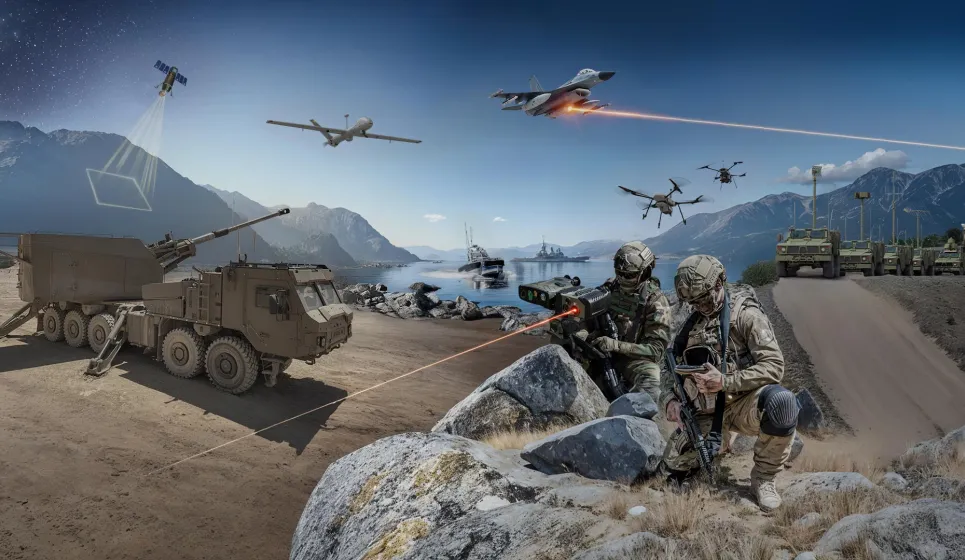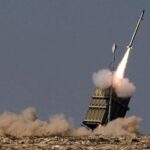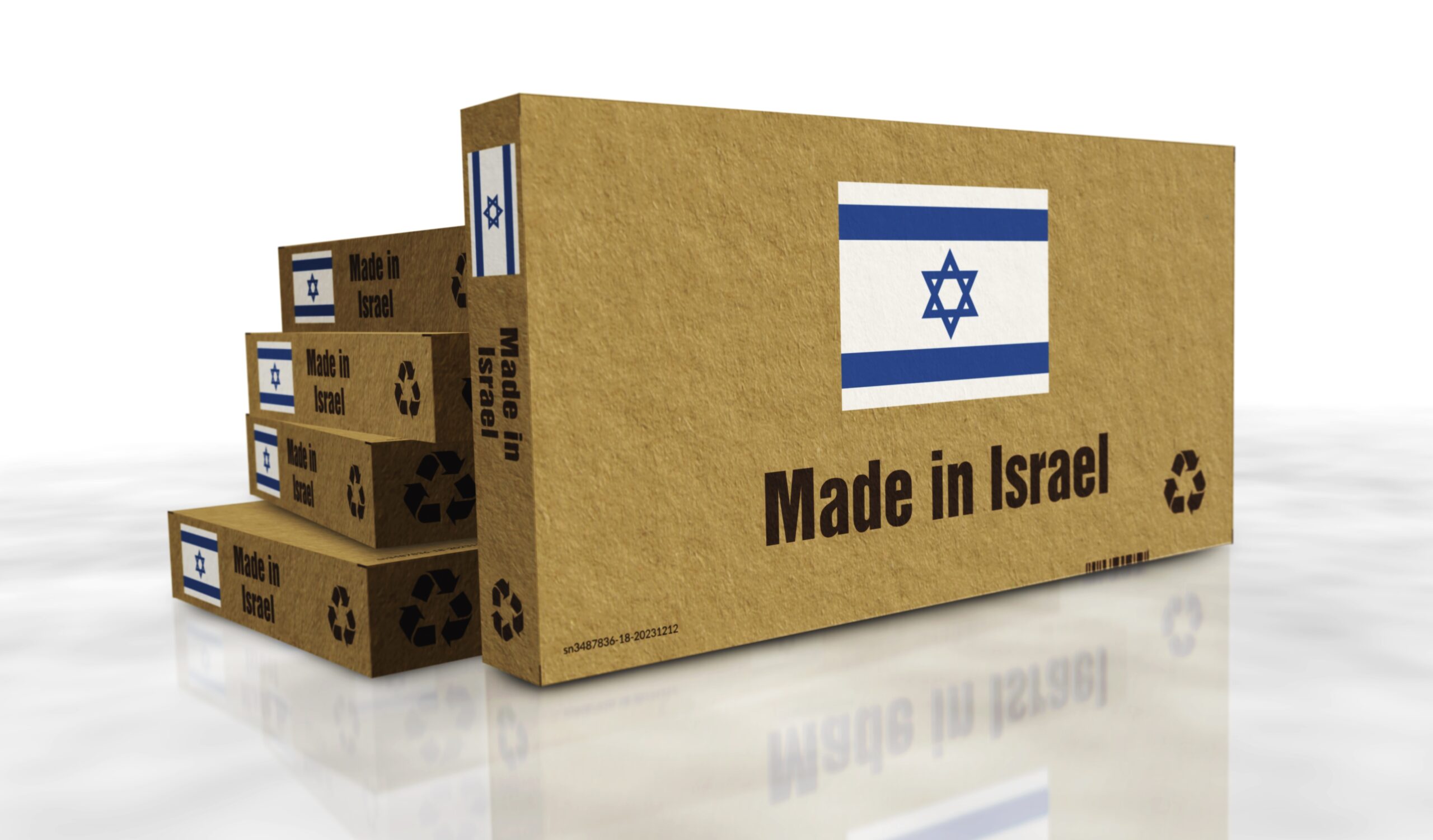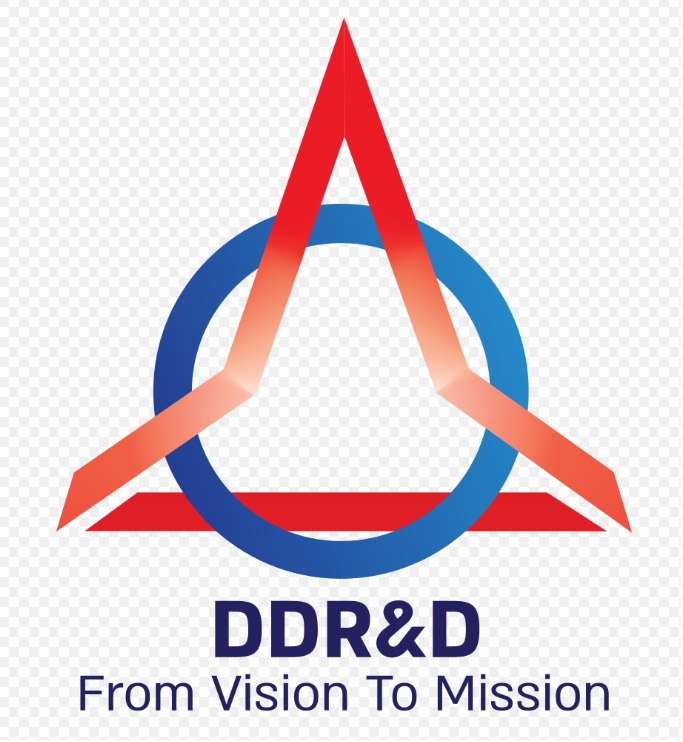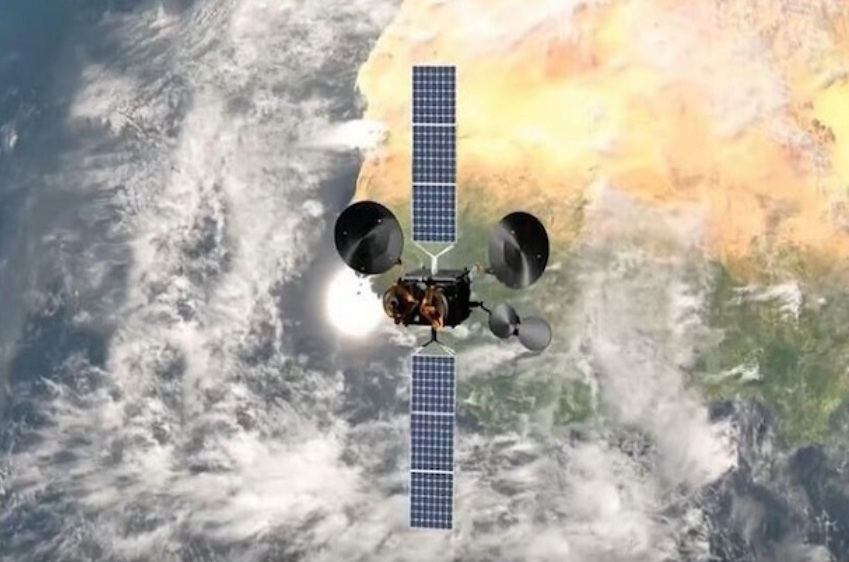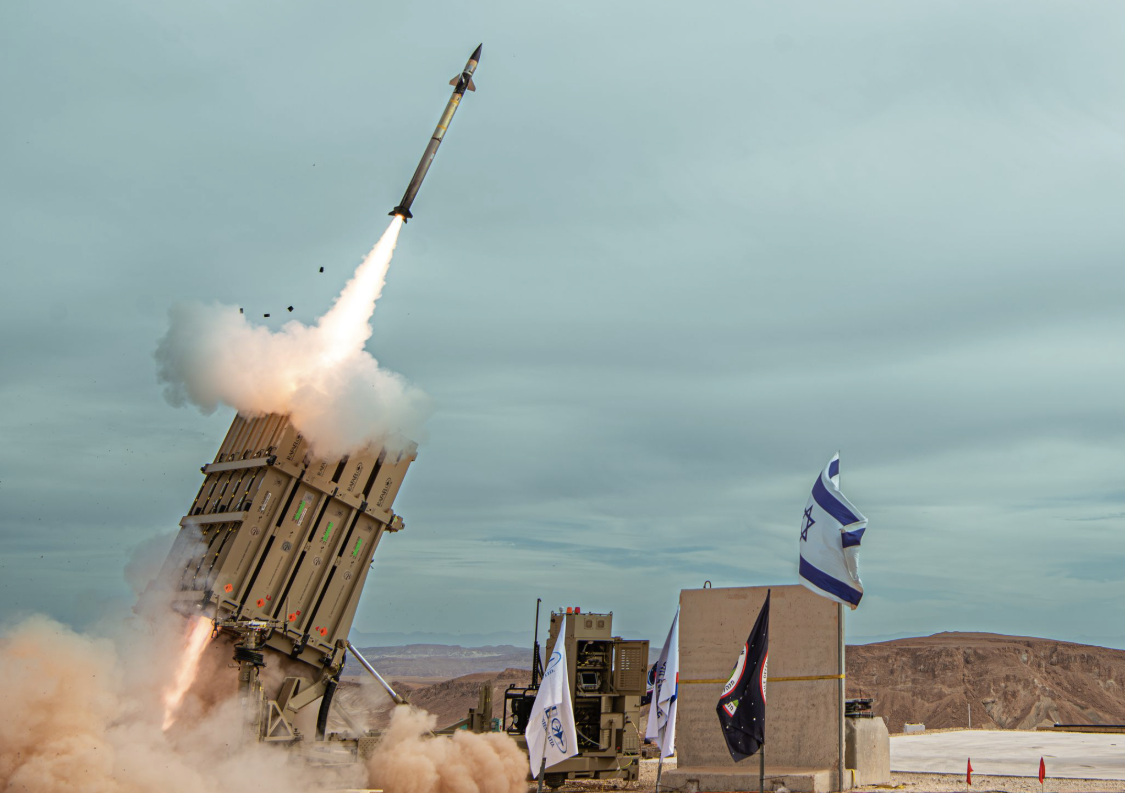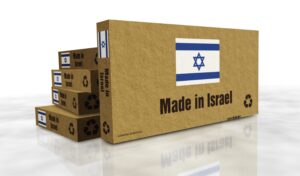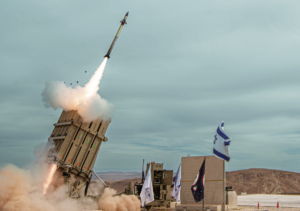The IDF is increasingly turning to small startups to supply rapid, innovative defense technologies.
By Hezy Laing
The IDF is increasingly turning to small startups to supply rapid, innovative defense technologies, a strategy that has proven critical in recent conflicts.
For decades, Israel’s defense establishment relied heavily on large firms such as Elbit Systems and Rafael Advanced Defense Systems.
However, the surprise Hamas attack on October 7, 2023 exposed gaps in preparedness and highlighted the need for fast, flexible solutions.
In response, the Ministry of Defense Directorate of Defense Research and Development (DDR&D, known as MAFAT) began contracting directly with startups to accelerate innovation.
By 2024, more than 300 security startups received contracts worth NIS 1.2 billion ($331.5 million), with significant investments in autonomous vehicles, cyber defense, and sensor technologies.
Companies such as Smartshooter, which develops AI‑driven rifle sights, and Xtend, known for drone‑based tactical systems, have supplied frontline units with tools that improve precision and reduce risk.
Robotican has provided autonomous ground robots for reconnaissance, while CopterPIX specializes in drone surveillance.
Regulus Cyber has delivered GPS protection systems to counter spoofing attacks.
These firms, many founded only in the past decade, have become indispensable to the IDF’s operational effectiveness.
The IDF realized that startups could deliver solutions in months rather than years, bypassing the slower procurement cycles of traditional defense contractors.
During the Gaza and Lebanon campaigns of 2024, this agility allowed soldiers to deploy new technologies almost immediately, from drone swarms to advanced cyber monitoring tools.
The wartime boom nearly doubled Israel’s defense‑tech ecosystem, with 312 active companies in 2025 compared to 160 in mid‑2024.
Compared to other militaries, Israel’s reliance on startups is unique.
While the U.S. Department of Defense has begun initiatives like DIU (Defense Innovation Unit) to engage Silicon Valley, Israel’s scale is unmatched: in a country of just 9.7 million people, defense exports exceeded $12.5 billion in 2022, with startups contributing a growing share.
European militaries, by contrast, remain more dependent on legacy contractors.
Ultimately, the IDF’s partnership with startups reflects Israel’s broader identity as the “Startup Nation.”


